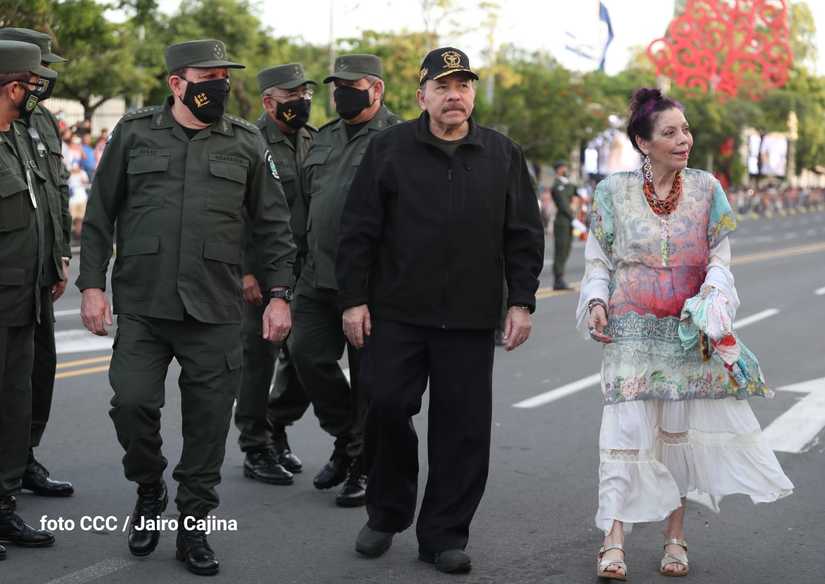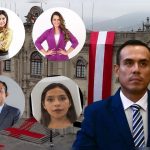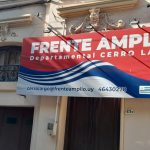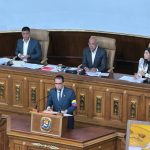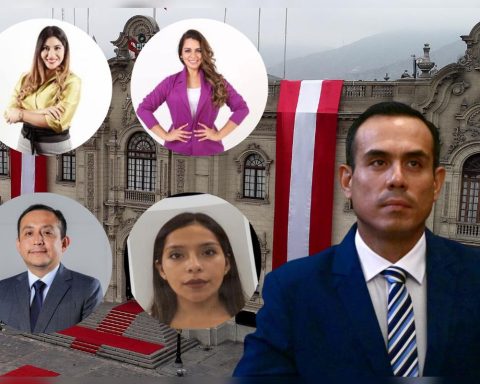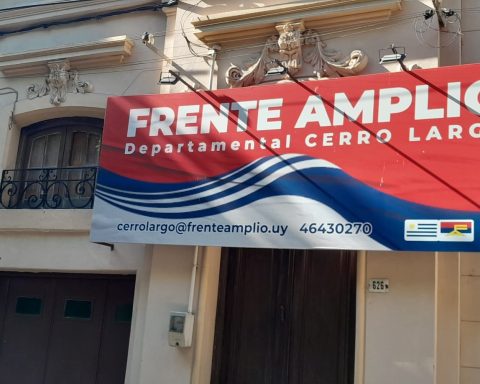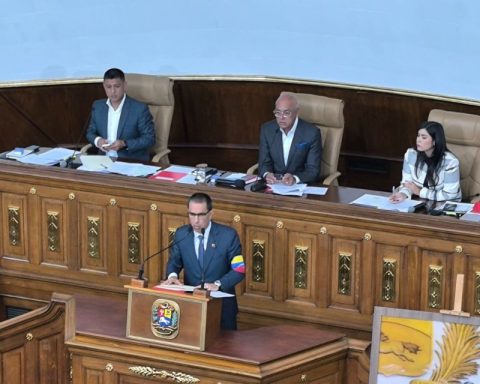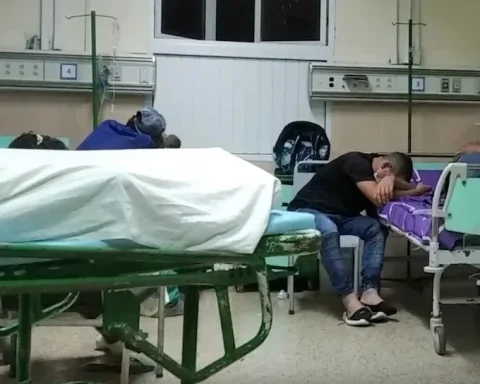The president of Nicaragua, Daniel Ortega, affirmed this Saturday that the Army, the Police and the “voluntary police” – as he calls the paramilitaries – helped restore “peace” in the country after the popular revolt that broke out in April 2018, which was brutally repressed and left at least 355 dead, thousands injured and hundreds missing.
“The combination of the Army guarding the strategic points that they (anti-government protesters) were trying to destroy was very important,” Ortega said in a speech before leading a military parade in salute to the 43rd anniversary of the Nicaraguan Army.
According to Ortega, the opposition demonstrators, whom he branded as coup plotters, terrorists and criminals, “targeted drug stores” within the framework of these protests, in which, he said, the Army covered “strategic points.”
The Army, according to what its chief, General Julio César Avilés, has said, protected some 200 strategic objectives by order of Ortega, including fuel reserves, food, vaccines, power generation and transmission plants, communication systems, water supplies. drinking water, airports and ports.
Meanwhile, the president continued, the National Police led by his brother-in-law, Francisco Díaz, waged “a heroic fight” during these demonstrations, which the Executive qualifies as an attempted coup.
In reality, the Ortega dictatorship, based on the thesis of the supposed “coup” of the State, imposed a system in which civil liberties have been restricted; It has prevented opposition marches since September 2018, and has fostered despair in the youngest and in society in general. More of 100,000 Nicaraguans migrated between 2020 and so far in 2022 to protect their security, or seeking an economic improvement.
Ortega maintained that during the national dialogue that was established two months after the crisis broke out, the counterpart conditioned its participation on the police not taking to the streets.
According to Ortega, “so much crime could not be tolerated, the destruction of the economy could not be allowed, they had Central America blocked (roads blocked).
The dictator emphasized that, then, the role of the National Police and the Nicaraguan Army was essential to “restore peace.” “There was no other alternative than the fight to put order in accordance with the Law and the Constitution,” he said.
Ortega proudly described the actions of the National Police and “volunteer police” who destroyed the roadblocks that the protesters had installed in different cities and were eliminated after the execution of Operation Clean-up, which left dozens dead in Masaya, León and Carazo.
“There the Police, with the volunteer police, quickly cleared the roadblocks and captured the criminals. They were difficult months that many Nicaraguans might think: ‘now we are going backwards’. But that moment, what it did was fill us with more strength, more courage, more creativity and we went back to work hard to recover the economy (…) and covid came and we didn’t stop. And the economy managed to stabilize and grow. Today, thank God, we are a growing economy,” he asserted.
“Valuing Peace”
The act of celebration was held on Avenida Bolívar, and in his 30-minute speech, Ortega emphasized that the Army and the Police are the armed institutions in charge of defending the country’s peace and sovereignty. Therefore, he asked the population to assess “what these institutions mean” in the country.
“It is an Army that moves to provide security to the population together with the Police that will not be victims of crimes, murders, robberies. That is the reflection that all Nicaraguan brothers and sisters have to do,” he said, adding that they are not to attack anyone and that is why they have good relations with the population.
However, in reality, the National Police has been used to impose a de facto police state that represses anyone who questions Ortega’s management and even carries a blue and white flag. Also, in its work to protect public safety it has been deficient, according to the latest CID Gallup survey, almost half of Nicaraguans claimed to be victims of robbery or assault. Which placed the country only below Guatemala.
The president said that the Sandinista administration has been the only one that has been concerned about the peoples of the Caribbean Coast, with the construction of highways that bring progress to the most remote communities. However, he does not mention that these peoples who live in protected reserve areas have been exploited by the lumber industry, the settlers, the indiscriminate logging endorsed by his government.
This week, the United Nations (UN) Committee against Racism expressed its concern over the numerous attacks that have been perpetrated against indigenous peoples in the Mayangna Sauni As territory, in the Bosawás biosphere reserve, and expressed its fear of that the attacks can go unpunished, given the apparent lack of investigations.
The committee, made up of 18 experts and chaired by the Jamaican Verene Albertha Shepherd, also lamented the “lack of cooperation and interaction of the State with the regional and universal systems for the protection of human rights.”
Criticism of businessmen
The Sandinista leader also criticized the businessmen for “applauding” the anti-government demonstrations.
“The oligarchy, which until then had been walking in a great alliance with the Government and the workers, simply, when it came to adjusting the minimum wage and social security income, then they broke” the alliance, he reproached.
Immediately afterwards, he said, “they launched plans that had already been premeditated, due to pressure and threats from the Yankee government (United States), that if they did not break the alliance with the Sandinista government they would apply sanctions” to the businessmen.
“They were forced to do it because the Yankees threatened to freeze the funds they had there, in the United States, therefore they would destroy their companies and their businesses. They went so far as to threaten them with not allowing the children of many of these businessmen, who studied or are studying in the United States, to expel them. In other words, a totally criminal and cowardly attitude of the Yankees,” he said.
Now, in Ortega’s opinion, “there is joy in Nicaragua” and “that causes bitterness (…) in those who live asking that the Yankees destroy the economic relationship with Nicaragua once and for all.”
“But Nicaragua has economic relations with the whole world and we have established relationship now with chinathe country that has had the fastest growing economy in the history of humanity”, he stressed.
According to the president, in Nicaragua people enjoy peace and joy and that “causes bitterness and poisons” those who, in his opinion, want to see the country destroyed and ask the United States government to break economic relations with their government.
Nicaragua has been going through a political and social crisis since then, which has been accentuated after the general elections on November 7, in which Ortega was re-elected for a fifth term, fourth consecutive and second along with his wife, Rosario Murillo, as vice president, with their main contenders in prison.
Ortega, 76, has been in power for fifteen years and five consecutive months, amid allegations of authoritarianism and electoral fraud.
